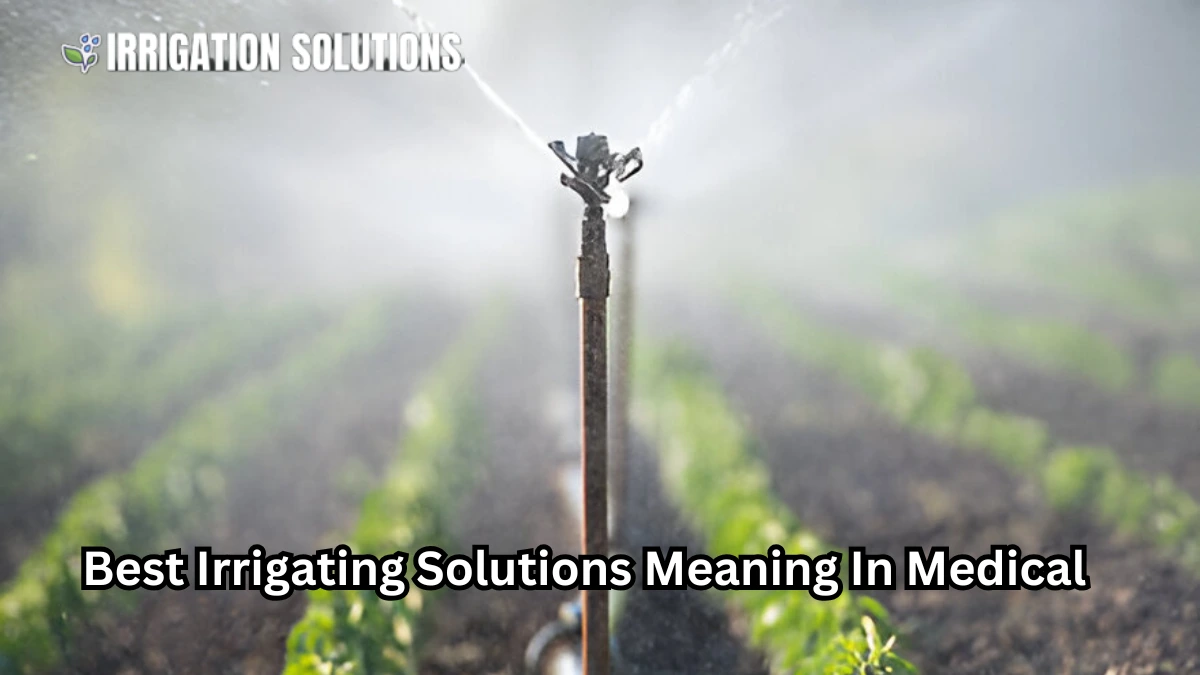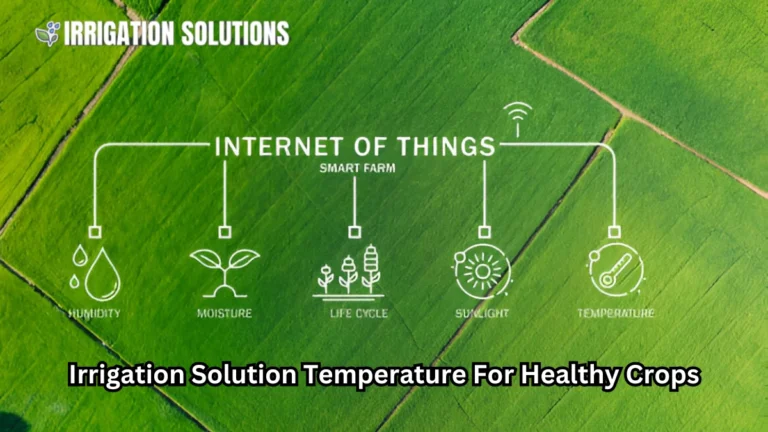best irrigating solutions meaning in medical

irrigating solutions meaning in medical play a pivotal role in healthcare, serving diverse purposes across medical disciplines. From wound management to surgical procedures, these solutions ensure cleanliness, promote healing, and prevent infections. In this article, we’ll explore the meaning, types, applications, and benefits of irrigating solutions in medical contexts.
What Are irrigating solutions meaning in medical?
Irrigating solutions are sterile liquids used to cleanse, hydrate, and assist in healing various body areas. They remove debris, pathogens, and non viable tissue while maintaining an optimal environment for recovery. These solutions are indispensable in procedures ranging from wound care to ophthalmic and urological treatments.
Key Characteristics of Medical Irrigating Solutions
- Sterility: Essential to prevent contamination.
- Isotonicity: Mimics the body’s natural environment, minimizing irritation.
- Non-toxic composition: Ensures compatibility with human tissues.
Types of Irrigating Solutions
Saline Solutions
One of the most commonly used irrigating solutions, normal saline (0.9% sodium chloride), is isotonic and ideal for a variety of applications.
- Applications: Wound cleaning, surgical irrigation, and intravenous therapy.
- Advantages: Safe, widely available, and cost effective.
Sterile Water
Used for less sensitive procedures, sterile water is free of contaminants but lacks the tonicity of saline.
- Applications: Device rinsing, some surgical procedures.
- Limitations: Prolonged use can disrupt cell membranes due to its hypotonic nature.
Antimicrobial Solutions
These include povidone iodine, chlorhexidine, and hydrogen peroxide, often used for infection prone wounds.
- Applications: Pre-surgical skin preparation, infected wounds.
- Caution: Can be cytotoxic; careful usage is required.
Specialized Solutions
Certain medical fields use tailored solutions:
- Balanced salt solutions (BSS): Used in ophthalmology for intraocular irrigation.
- Lactated Ringer’s solution: Contains electrolytes, ideal for burns or dehydration related irrigation.
- Glycine and Sorbitol solutions: Utilized in urology and certain surgical procedures.
Common Applications of Irrigating Solutions in Medicine
Wound Care
Wound irrigation removes debris and prevents infection. According to a study published in the Journal of Wound Care, using saline significantly reduces infection rates in surgical and traumatic wounds.
Steps for Wound Irrigation:
- Select an appropriate solution based on wound type.
- Use a syringe or irrigation device for controlled flow.
- Apply consistent pressure to avoid tissue damage.
Ophthalmic Procedures
Irrigating solutions like balanced salt solutions help maintain ocular health during surgeries such as cataract removal.
Example: During phacoemulsification, BSS clears debris and prevents corneal drying.
Surgical Procedures
Sterile saline or lactated Ringer’s is commonly used to keep surgical fields clear. These solutions ensure better visibility for surgeons while reducing microbial risks.
Case Study: In laparoscopic appendectomies, saline irrigation reduced postoperative infection rates by 30%, highlighting its efficacy.
Urology
In bladder surgeries, glycine solutions prevent tissue trauma while flushing out blood and debris.
Fun Fact: Glycine’s non conductive properties make it perfect for electrosurgical procedures.
Benefits of Using Irrigating Solutions
Infection Control
Sterile solutions inhibit bacterial growth, reducing the risk of complications.
Accelerated Healing
By keeping wounds clean and hydrated, these solutions foster optimal recovery conditions.
Patient Comfort
Irrigating solutions alleviate discomfort by gently cleaning wounds and surgical areas without causing irritation.
Comparison Table: Common Irrigating Solutions
| Solution Type | Key Use Case | Advantages | Limitations |
| Normal Saline | Wounds, surgeries | Isotonic, safe | Limited antimicrobial effect |
| Sterile Water | Device rinsing, minor wounds | Non-irritating | Hypotonic |
| Povidone-Iodine | Infected wounds | Antimicrobial | Potential tissue toxicity |
| Lactated Ringer’s | Burns, dehydration | Electrolyte balance | May require monitoring |
| Balanced Salt Solution | Ophthalmic procedures | Tissue-compatible | Limited general use |
Considerations for Selecting Irrigating Solutions
Patient Specific Needs
Consider allergies, wound type, and the risk of infection when choosing a solution.
Example: Use saline for routine wounds, but opt for antimicrobial solutions for high risk infections.
Economic and Practical Factors
While saline and sterile water are cost effective, specialized solutions may be necessary for certain procedures despite higher costs.
Expert Insights and Recommendations
Dr. Maria Gonzalez, a leading wound care specialist, emphasizes, “The right irrigation solution can mean the difference between rapid recovery and prolonged healing. Always prioritize sterility and compatibility.”
Conclusion
Irrigating solutions are fundamental to modern medicine, ensuring clean, infection-free environments for various procedures. From simple saline to advanced antimicrobial and specialized solutions, their versatility makes them indispensable. By understanding their applications and benefits, healthcare professionals can optimize outcomes and enhance patient care.
Remember: Choosing the correct irrigating solution isn’t just a procedural step; it’s a critical component of effective medical treatment.






